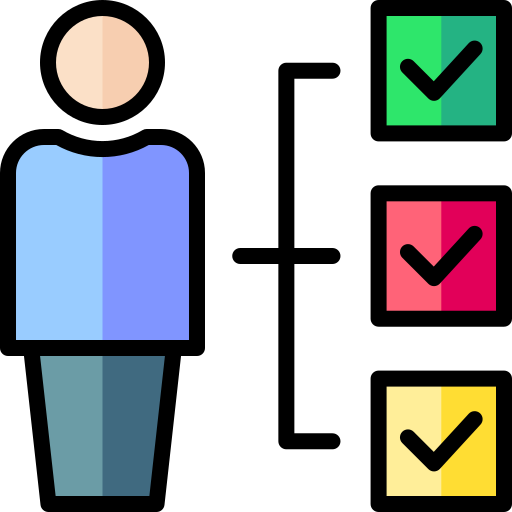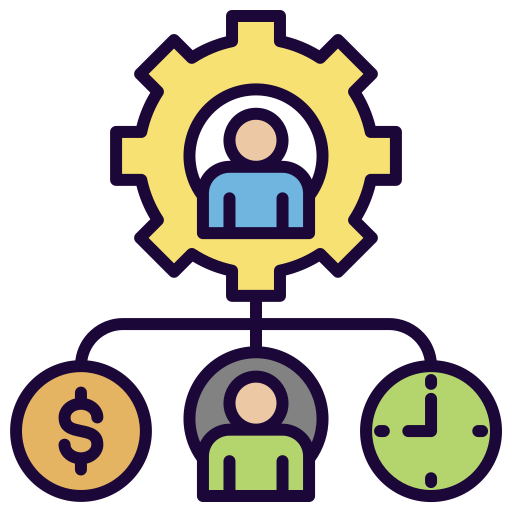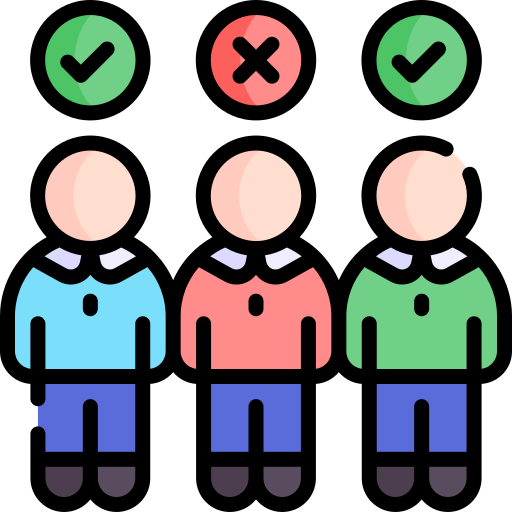 Photo by freestocks on Unsplash
Photo by freestocks on UnsplashYou might be debating whether to pursue a career in information technology. It takes time, research, and self-reflection to determine if it's the right fit. Let's explore the realities of IT to help you make an informed decision.
Did you know?
What is Information Technology?
IT uses computer systems and devices to manage information and data, supporting company operations and goals.

Different types of information technology include, but aren't limited to:
Internet and web technologies: Accessing and interacting with information on the internet.
Cloud computing: Delivering computing services (ex. web hosting, cloud computing, networking, etc.).
Databases: Managing the systems and software that store data.
Artificial intelligence and machine learning: Teaching computers to complete tasks through the use of statistical models and algorithms.
Cybersecurity: Protecting IT systems, networks, and data from security threats.
Does any of this pique your interest? Then you might be interested in IT as a career path!
Quiz
What’s the primary purpose of information technology?
What Skills and Qualifications Do I Need?

You can gain both soft and technical skills for an IT role through self-teaching, hands-on experience, training, certifications, and degrees.
Technical Skills
Technical writing
Coding
Network configuration
Hardware deployment
Operating system knowledge
Database management
Soft Skills
Communication
Organization
Analytical abilities
Creativity
Problem-solving
Flexibility

Qualifications
IT specialist positions typically require a bachelor’s degree, with the most common fields being computer science, information science, or technology.
However, a master’s degree in a related field may be preferred. If you don’t hold a degree in a related field, you can also increase your chances of getting hired by acquiring certifications such as:
Project Management Professional (PMP)
Certified Information Systems Auditor (CISA)
Certified Information Systems Security Professional (CISSP)
Certified Information Security Manager (CISM)
Quiz
A client reports a tech problem, but can't provide much detail. What technical and soft skills might an IT specialist need to effectively handle this problem? Select all that apply:
What Are the Job Responsibilities?

If you're wondering, "What is an information technologist exactly?" it's a good idea to learn about an IT specialist’s job responsibilities. They can vary significantly between companies, depending on the scope of their role. However, some common responsibilities include:
Providing IT solutions by analyzing technical issues and computer specifications.
Creating, using, and assessing computer-based programs, systems, components, and processes.
Determining, assessing, and meeting user needs for computer-based system administration, development, evaluation, and selection.
In short, IT specialists may be tasked with creating, managing, and troubleshooting tech systems within a business.

Quiz
What is a key responsibility of an IT specialist?
A. Designing marketing solutions
B. Creating and managing computer-based systems
C. Writing legal contracts relating to the use of technology
D. Facilitating customer service hotlines
Quiz
Select the correct answer.
Subscribe for more quick bites of learning delivered to your inbox.
Unsubscribe anytime. No spam. 🙂
What Challenges Can You Expect?
Some of the top challenges you can expect are:

Resource and Budget Limitations
These limitations impact a company’s ability to hire and train employees, as well as its overall capacity to invest in growth and innovation.

Employee Morale
Being part of a strong team can make a significant difference in your work experience. Without a supportive team, the daily grind can become more challenging and less motivating.

Uncertainty in Job Roles and Responsibilities
Employees in fully remote or hybrid positions may experience a lack of clear communication from leadership regarding their roles, company changes, and expectations.

Workload
As the demand for tech skills increase, so does the workload. When a team member leaves, you may find yourself taking on their responsibilities until a replacement is hired. Additionally, workload is one of the biggest obstacles to training and upskilling.
Job Market and Career Opportunities
Although the IT job market is currently shrinking, there are still great opportunities if you’re proactive and willing to focus on upskilling.
Industries that seek tech talent include, but are not limited to:
Manufacturing
Finance and insurance
Retail trade
Educational services
Health care
Public administration

And if you’re looking for a fully remote position, check out these platforms:
Self Assessment

Do I enjoy working with tech? Do I like problem-solving?
Troubleshooting is a big part of IT and you’ll face puzzles and challenges throughout your career.
Do I have the technical skills? If not, am I willing to acquire it?
Expanding your knowledge will make you a more competitive candidate.
Am I open to continuous learning?
In IT, you’ll need to keep learning to stay current with technological advancements throughout your career.
Am I ready to face challenges such as long hours or high-pressure situations?
IT professionals often work under tight deadlines, so it’s important to maintain a healthy work-life balance.
Am I prepared to handle job market fluctuations?
The job market can be affected by changes in technology or economic downturns. You should be open to diversifying your skill set to remain competitive.
If most of your answers were "yes", IT might be a fulfilling career for you!
Did you know?
Take Action

If you're still indecisive, here are some next steps you can take to help you make a decision:
Your feedback matters to us.
This Byte helped me better understand the topic.

